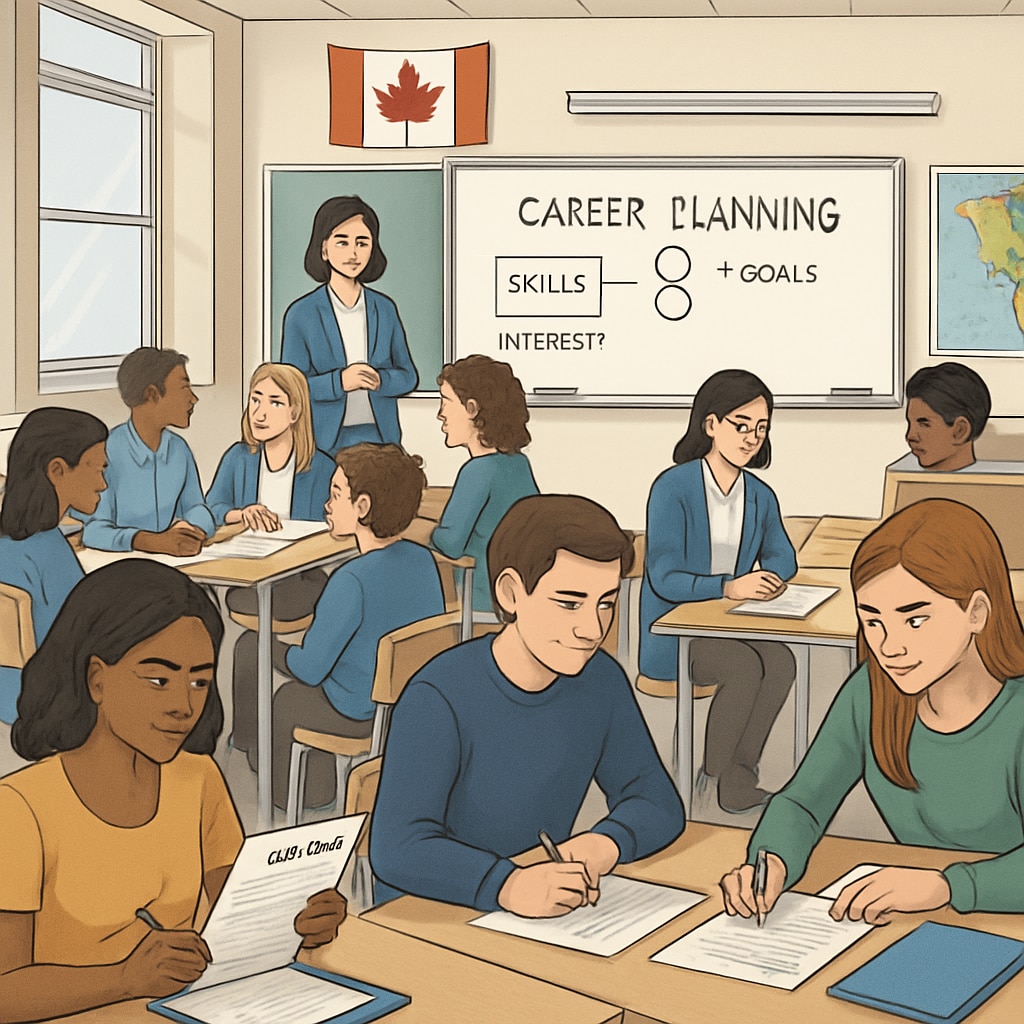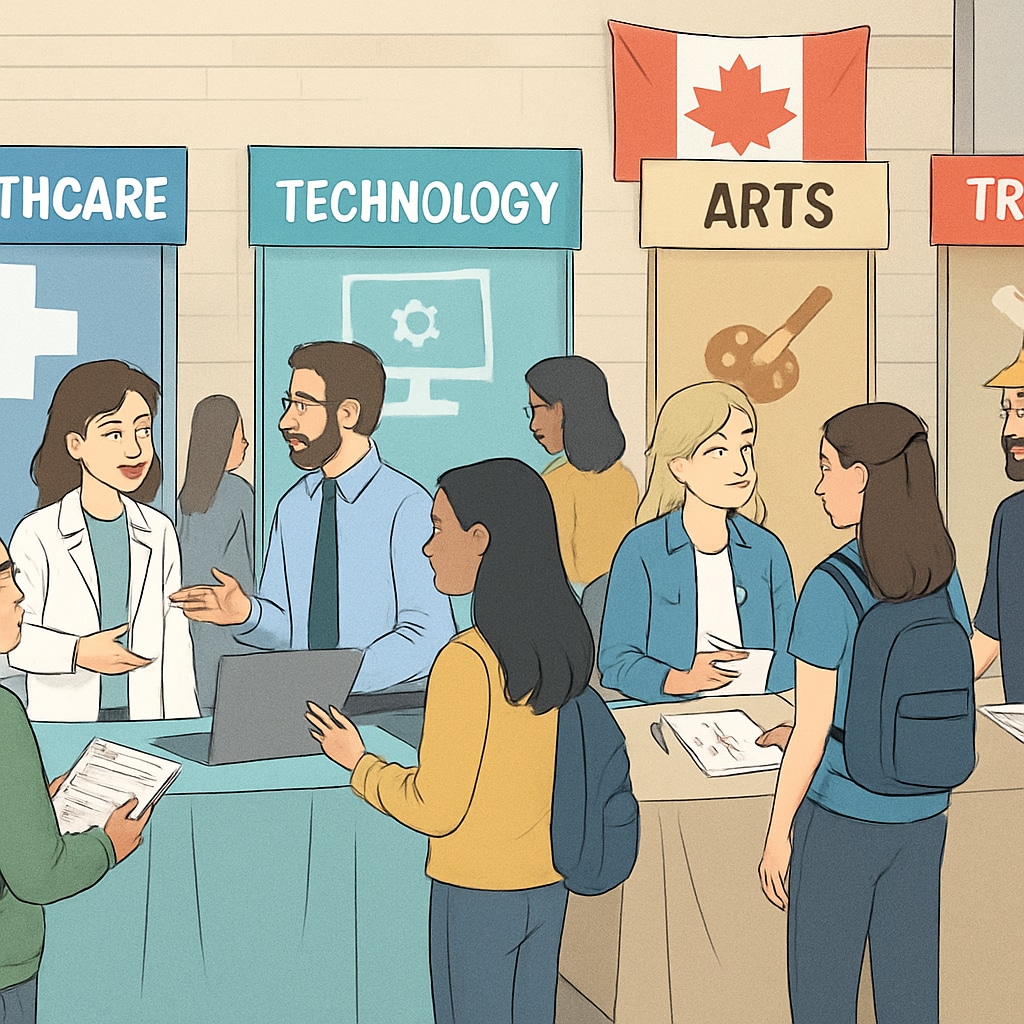In today’s competitive job market, the demand for cross-cultural competence and well-crafted resumes has never been higher. For Canadian students, the journey toward career readiness begins early, thanks to the comprehensive K-12 education system. This article delves into how Canada’s education system equips students for future opportunities, emphasizing the significance of resume preparation and career planning, while offering actionable advice for parents and educators.
How Canada’s K-12 System Prepares Students for the Job Market
Canada’s K-12 education system is designed not only to impart academic knowledge but also to nurture essential life skills. Schools actively integrate career education into the curriculum, helping students develop competencies such as critical thinking, communication, and adaptability—skills that are crucial in today’s ever-changing job market.
For example, many schools offer cooperative education programs, internships, and job shadowing opportunities. These experiences enable students to gain practical insights into various industries while building their professional networks. Additionally, career counseling services are available to help students identify their strengths, interests, and long-term goals.

The Importance of a Well-Crafted Resume
A resume serves as the first impression for potential employers, making it a critical tool in the job search process. For Canadian students, learning to create an effective resume early on can significantly enhance their career prospects. This foundational skill is often introduced in high school career education courses.
Key elements of a strong resume include:
- Clear Structure: Organize information into distinct sections such as education, work experience, skills, and achievements.
- Relevant Content: Tailor the resume to the specific job or industry, highlighting applicable experiences and skills.
- Professional Language: Use concise and action-oriented language to describe accomplishments.
In addition to classroom instruction, parents can support their children by reviewing their resumes and providing constructive feedback. Encouraging participation in extracurricular activities can also help students build a robust portfolio of experiences to include on their resumes.
Practical Tips for Career Planning
Career planning is an ongoing process that benefits from early and consistent guidance. Canadian schools play a pivotal role by offering resources such as aptitude assessments, career fairs, and mentorship opportunities. However, the involvement of parents and community organizations can further enrich this process.
Here are some practical tips for effective career planning:
- Encourage Self-Reflection: Help students identify their interests, skills, and values through regular discussions.
- Set Short- and Long-Term Goals: Break down career aspirations into achievable milestones.
- Explore Diverse Opportunities: Expose students to a variety of industries and professions, broadening their horizons.
- Develop Cross-Cultural Skills: In Canada’s multicultural society, the ability to communicate and collaborate across cultures is invaluable.
By fostering a proactive approach to career planning, students can gain the confidence and clarity needed to navigate their professional journeys successfully.

Conclusion: Canada’s K-12 education system plays a fundamental role in preparing students for the workforce by emphasizing career readiness and resume-building skills. Parents, educators, and community leaders all have a part to play in guiding students toward fulfilling careers. By cultivating cross-cultural competence and offering practical career planning support, we can empower the next generation to succeed in an increasingly interconnected world.
Readability guidance: This article uses concise sentences and short paragraphs to ensure clarity. Transition words are incorporated to enhance flow, and bulleted or numbered lists summarize key points. Passive voice is minimized, and technical terms are explained for accessibility.


